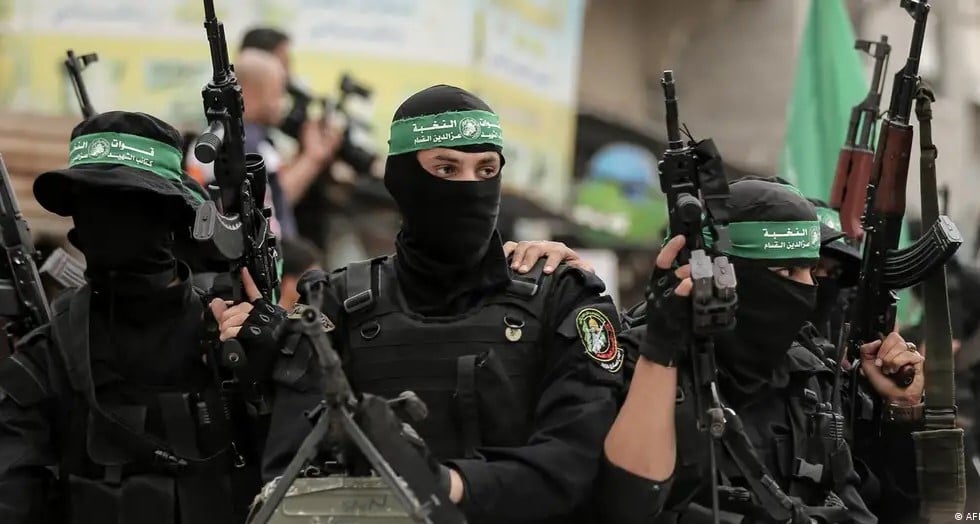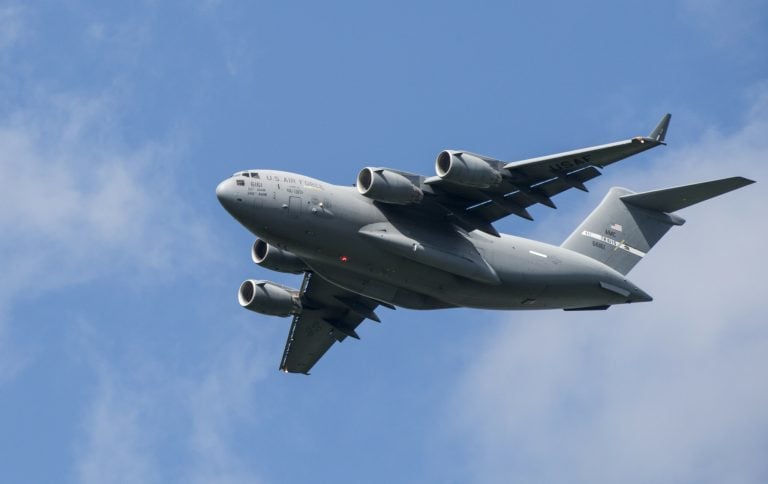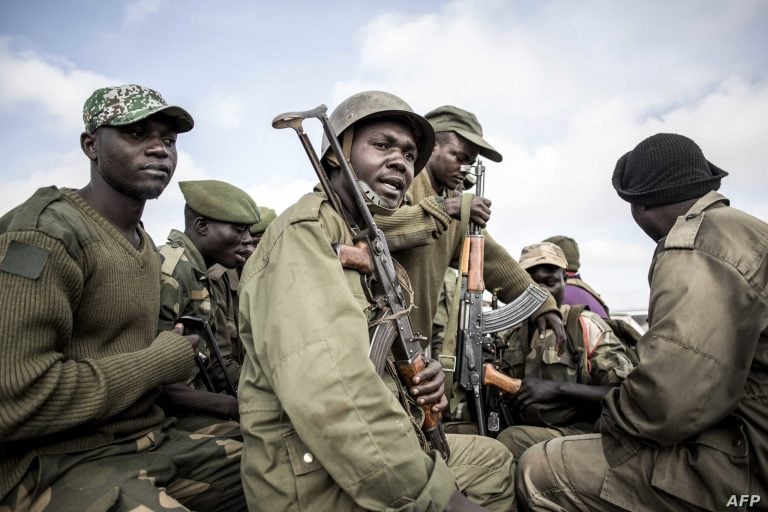Hamas announced over the weekend that it had responded to a ceasefire proposal backed by the United States, a move met with swift criticism from Washington’s chief negotiator, who deemed the response “totally unacceptable.” The militant group described its reply as positive while stressing the necessity of establishing a permanent ceasefire—a demand that has long been contentious for Israel.
Israeli Prime Minister Benjamin Netanyahu supported U.S. envoy Steve Witkoff’s assessment of Hamas’s response, condemning it as “unacceptable” and asserting that Hamas continues to cling to its “rejectionism.” This remark came in light of Israel’s ultimatum to Hamas: either accept the proposed deal and release hostages held in Gaza or face destruction.
Hamas detailed that its response included a commitment to release ten living Israeli prisoners in exchange for an unspecified number of Palestinian detainees, alongside the return of 18 bodies. A source within Hamas’s political bureau indicated that the group had given a “positive response” to Witkoff but with a strong insistence on achieving a permanent ceasefire and full withdrawal of Israeli forces from Gaza.
In a subsequent statement, Witkoff reinforced the notion that Hamas’s reply was regressive, urging the group to accept the proposed framework. He asserted that if an agreement were to be reached, it could lead to a 60-day ceasefire deal in the near future, enabling the return of a portion of the hostages and opening the door for substantive negotiations aimed at a long-term ceasefire.
Bassem Naim, a member of Hamas’s political bureau, contended that the group had responded responsibly to the U.S. proposal, claiming biases within the negotiations favoring Israel. He accused Israel of disagreeing with previously settled provisions. Hamas has consistently advocated that any agreement includes a pathway to a permanent cessation of hostilities, a view seen as incompatible with Israel’s aim to eradicate the group following its attack on October 7, 2023, which instigated renewed hostilities.
Despite Israel’s agreement to an updated proposal from Witkoff, Netanyahu’s office suggested that Hamas’s ongoing rejectionism undermines the process. Israel maintains its stance on continuing efforts to unify and bring home all remaining hostages while simultaneously campaigning to dismantle Hamas.
Negotiations have struggled to yield results since a previous ceasefire collapsed on March 18. U.S. President Donald Trump stated that the involved parties were near a potential agreement. Sources involved in the talks indicated that Witkoff’s current proposal included a 60-day truce, subject to extension, alongside a structured plan for switching hostages and prisoners over a two-week period.
The humanitarian crisis in Gaza continues to escalate, with increasing international condemnation directed at Israel for the deteriorating situation. The United Nations has warned that the population faces a substantial risk of famine, dubbing Gaza “the hungriest place on Earth.” Aid has been minimal, and recent reports indicate looting of humanitarian supplies.
According to the health ministry in Hamas-governed Gaza, at least 4,117 individuals have been killed since the resumption of Israeli military operations, contributing to a staggering total of 54,381 casualties since the onset of conflict. The Israeli death toll from the October attack stands at 1,218, with many victims classified as civilians.







